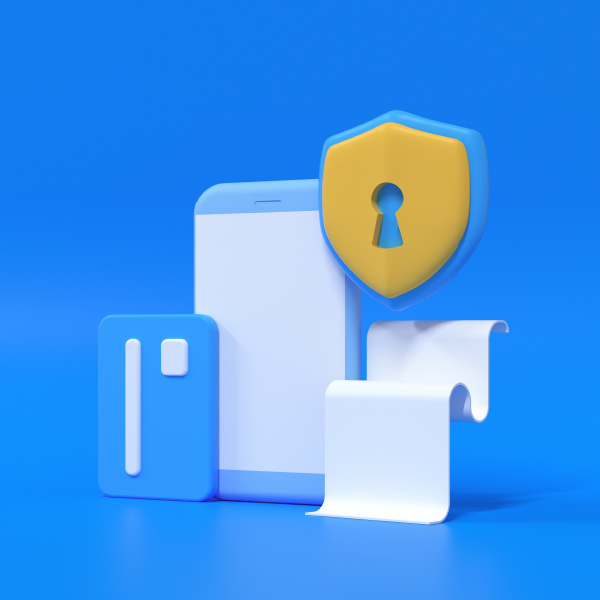WORK LIFE
Career durability: How to stay employed on your terms


Career durability involves acquiring the skills, mindset, and knowledge to be an engaged and productive member of the workforce. And if you’re feeling disposable, it’s something you can control.
The workforce is changing in major ways. The pandemic sped up a movement from strict scheduling to flexible “work on your own time” engagements. Prior to COVID-19, we were already seeing smart machines and automation as part of daily work, and the tremendous growth of the gig economy.
Taken together, these trends show that the old ways of sustaining a career no longer work. In past decades, you could go to college or a trade school, get a degree, and use the skills associated with that degree to work for one – or maybe a few – organizations over the course of your working life.
That is no longer the case. Jobs – and the skills required for those jobs – are changing rapidly.
In these times, nothing is certain except change, and this is unnerving. In fact, Ceridian’s 2021 Pulse of Talent report, which surveyed more than 5,000 people across five regions, found that 66% of individuals are taking job security into account more now than before the pandemic.
Career durability is a ticket to long-term security
To avoid feeling – and indeed being – disposable, today’s employees need to be the leaders of their own careers. They must build what we call career durability.
Career durability involves acquiring the skills, mindset, and knowledge to be an engaged and productive member of the workforce – continuously. On LinkedIn, I explained career durability as including these five areas:
- Hard skills: skills that allow you to complete tasks in a specific job.
- Soft skills: skills for collaborating effectively with others.
- Applied technology skills: skills that allow you to leverage available technology to do your job better.
- Institutional knowledge: job or industry expertise gained through experience.
- Growth mindset: being willing to improve, learn, and reconsider existing ways of doing things.
The responsibility for building skills is yours
People can move the career durability needle in each of these areas with these strategies.
- Look into the future: Think about what’s coming next in your profession or industry and where you need to fill gaps.
- Prepare for superjobs: These jobs combine tasks from previously separate roles. For example, the superjob of customer experience manager integrates positions that before, may have been housed in IT, sales, or marketing.
- Take advantage of your employer’s upskilling and reskilling efforts: Upskilling means gaining additional skills for the job you have, while reskilling means learning a new job – perhaps because your current job has been automated. The more education your company will pay for or support, the better.
- Tap into your rivers of information: Investigate a wide range of online and offline training resources (webinars, conferences, certification options, mentors, shadow opportunities, etc.) to acquire the skills you need now or are likely to need later.
- Communicate examples of all five career durability areas on your resume and in interviews: Employers want to know that even if they are hiring you for one job now, you have the right outlook to pivot as the business needs.
- Hone your crisis management skills and grow your comfort with uncertainty and change: COVID-19 is only the first of many workforce disruptions we will each need to weather.
We don’t know what’s going to happen tomorrow, let alone next year or in the next decade. However, career durability will ensure that we can maintain control over the ability to earn a living and can stay employed on our terms.
The Dayforce Wallet Prepaid Mastercard® issued by Peoples Trust Company under licence from Mastercard International Incorporated. Mastercard is a registered trademark, and the circles design is a trademark of Mastercard International Incorporated. Certain fees, terms, and conditions are associated with the approval, maintenance, and use of the Card. You should consult your Cardholder Agreement and Fee Schedule. If you have any questions regarding the Card or such fees, terms, and conditions, contact Customer Support at 1-888-999-6824, Monday - Saturday, 8 am EST - 6 pm EST.



